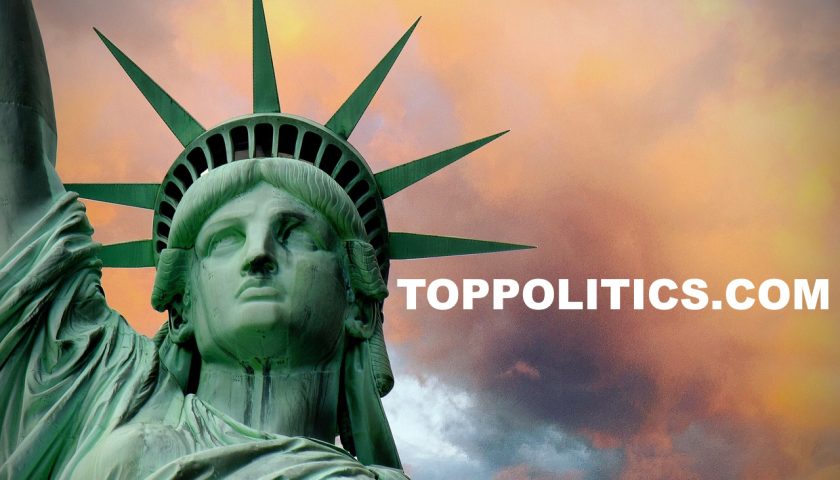It can be dangerous to engage in free speech. This year alone, 242 journalists, in countries such as Egypt, Morocco, Jordan, and Saudi Arabia, have been tossed into jail for their words, and one has been killed.
Here at home, our bodies remain free, but our tongues are imprisoned. As Dan Rather stated after 9/11, “Patriotism has run amok.” Reminiscent of Joe McCarthy’s “red hysteria,” we are told to shut up, salute the flag, and applaud White House policy during this “war on terror.” Otherwise we risk being branded un-American.
Political satirist Bill Maher was publicly skewered and lost his show “Politically Incorrect.” The Dixie Chicks were plucked off the radio, and a 33,000 pound tractor was used to crush their CDs in a public protest. The latest casualty in the “word witch hunt” is University of Colorado professor Ward Churchill who likened some World Trade Center victims to Nazi bureaucrat Adolf Eichmann, and who may lose his tenured position as a result. A number of journalists in America have lost their jobs.
Rather than examine the flaws or merits of their controversial speech, I will present three questions for further reflection.
First, is it patriotic to parrot the cheers choreographed by a Commander-in-Chief? Or was Thomas Jefferson correct when he wrote, “Dissent is the highest form of patriotism”?
If one believes our nation’s policies to be in error, isn’t the path of courage to speak out, the path of cowardice to remain silent? Should one go down with the Titanic, if one may have a strategy for keeping it afloat, regardless of how much it might inconvenience or enrage the other passengers? Is it possible that those who have been demonized for uttering so-called seditious words are in some way assisting our country, whether for right or wrong, giving us a perspective that we may have otherwise overlooked?
Perhaps the freedom of speech amendment is First because the ability to speak openly is largely what it means to be American. The paradox is that the most outspoken polemicist can be both courageously loyal and yet demonized as a traitor. In fact, two true patriots can present diametrically opposed arguments at the same time. Parrots, on the other hand, have only one general line.
Secondly, is the “war on terror” really a war, and how does this impact freedom of speech? Traditionally, wars are armed conflicts between sovereign states; now we have declared war on an emotion, terror. Our soldiers are fighting and dying, but because the war is against “terror,” it can never end. Terror, like drugs and poverty, cannot be entirely eliminated. Since the battle cannot end, does our silence never end? Can we never again speak against U.S. policy?
Thirdly, is it possible that slurs directed at individuals for their “lack of patriotism” are nothing more than political maneuvers, meant to gain power and discredit one’s opponents? Democrats also use this tactic against Republicans, such as when Michael Moore said, “They are not patriots. They are hate-riots.”
Yet, Republicans are viewed as the more patriotic party, thus enjoy greater success with this marginalizing technique. We should beware of suspicious labels and partisan motives that relegate ones political adversaries to the enemy’s cave, to a conspiratorial pact with Bin Laden.
For each individual whose speech is targeted, there are no doubt hundreds, if not thousands, who censor innovative thoughts before attempting to offer them in the marketplace of ideas.
The next time you hear the word “unpatriotic” or “un-American” tossed about, do not accept. Question. Think about censorship and self-censorship. Think about whether you want our country to have a staple menu of bread and water or one listing many flavorful dishes.
Think about whether you believe in Voltaire’s idea, “I may disapprove of what you say, but I will defend to the death your right to say it” or Ari Fleisher’s idea that all Americans should “watch what they say” in this time of crisis.
Think about whether you want a land of parrots or one of patriots.
Charlotte Laws, Ph.D. is a syndicated columnist, a member of the Greater Valley Glen Council and the president of the League for Earth and Animal Protection (LEAP). Her political website is http://www.CharlotteLaws.org

